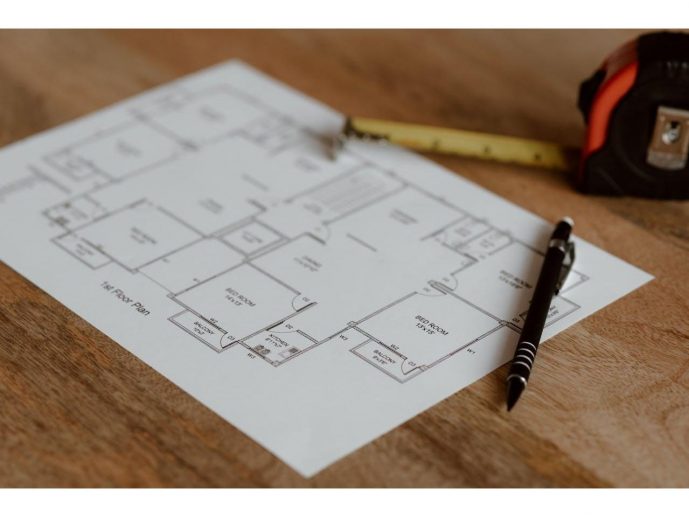Categories more
- Adventures (17)
- Arts / Collectables (15)
- Automotive (37)
- Aviation (11)
- Bath, Body, & Health (77)
- Children (6)
- Cigars / Spirits (32)
- Cuisine (16)
- Design/Architecture (22)
- Electronics (13)
- Entertainment (4)
- Event Planning (5)
- Fashion (46)
- Finance (9)
- Gifts / Misc (6)
- Home Decor (45)
- Jewelry (42)
- Pets (3)
- Philanthropy (1)
- Real Estate (16)
- Services (23)
- Sports / Golf (14)
- Vacation / Travel (59)
- Watches / Pens (14)
- Wines / Vines (24)
- Yachting / Boating (17)
6 Essential Tips for Hassle-Free Industrial Property Development
Published
08/06/2024Efficient property development is a critical component of success in the industrial sector. With the increasing demand for industrial spaces driven by e-commerce, manufacturing, and logistics, developers must be prepared to meet these needs efficiently and effectively.
Proper planning and execution can lead to significant cost savings, quicker project completions, and a higher return on investment. In this article, we'll provide essential tips that can guide you through the process of developing industrial properties smoothly and successfully.
Selecting the Right Location and Understanding Zoning Regulations
Choosing the right location is one of the most critical decisions in industrial property development. The location can significantly impact the success of your project. It's essential to consider factors such as proximity to major transportation routes, access to utilities, and the availability of skilled labor.
Additionally, understanding zoning regulations is crucial to ensure that your property can be used for industrial purposes. Zoning laws vary by region, and it's essential to consult with local authorities or a zoning expert to avoid any legal issues that could delay your project.
Conduct Thorough Market Research and Feasibility Studies
Market research and feasibility studies are vital steps in the development process. Before investing in a property, you need to understand the market demand for industrial spaces in the area.
This involves analyzing current market trends, identifying potential competitors, and assessing the needs of your target tenants. Feasibility studies help you determine whether your project is financially viable by evaluating factors such as construction costs, potential rental income, and return on investment.
Build a Strong Network of Reliable Contractors and Suppliers
A successful industrial property development project relies heavily on the quality of workmanship and materials. Building a strong network of reliable contractors and suppliers is essential to ensure that your project is completed on time and within budget.
This involves vetting potential contractors, checking references, and establishing clear communication channels. Moreover, working with comprehensive industrial property development services who have a proven track record can help you avoid common pitfalls and ensure that your project meets all quality standards.
Prioritize Environmental Sustainability in Design and Operation
Prioritizing sustainable design and operation can not only help protect the environment but also reduce operating costs and attract eco-conscious tenants.
This involves incorporating energy-efficient systems, using sustainable building materials, and implementing waste management practices.
Additionally, obtaining green building certifications such as LEED (Leadership in Energy and Environmental Design) can enhance the marketability of your property and demonstrate your commitment to sustainability.
Optimize for Safety and Security in the Development Plan
Safety and security are paramount in industrial property development. Ensuring that your property is designed and constructed with safety in mind can help prevent accidents, reduce liability, and protect your investment.
This involves complying with all relevant safety regulations, installing appropriate security measures, and conducting regular safety inspections. Additionally, providing adequate training for employees and tenants can help create a safe and secure working environment.
Accommodate Future Growth or Changes in the Market
The industrial market is constantly evolving, and it's essential to design your property with flexibility in mind. Building flexibility into the design can help you accommodate future growth or changes in the market without the need for costly renovations.
This involves creating adaptable spaces that can be easily reconfigured, incorporating modular design elements, and planning for future expansion.















